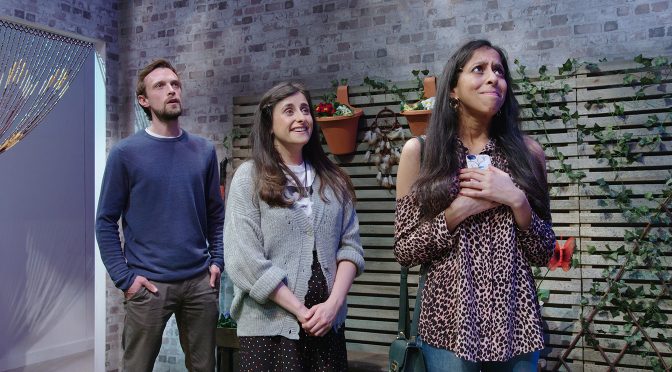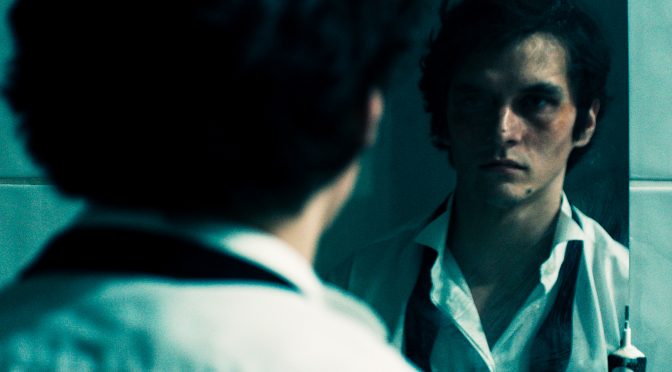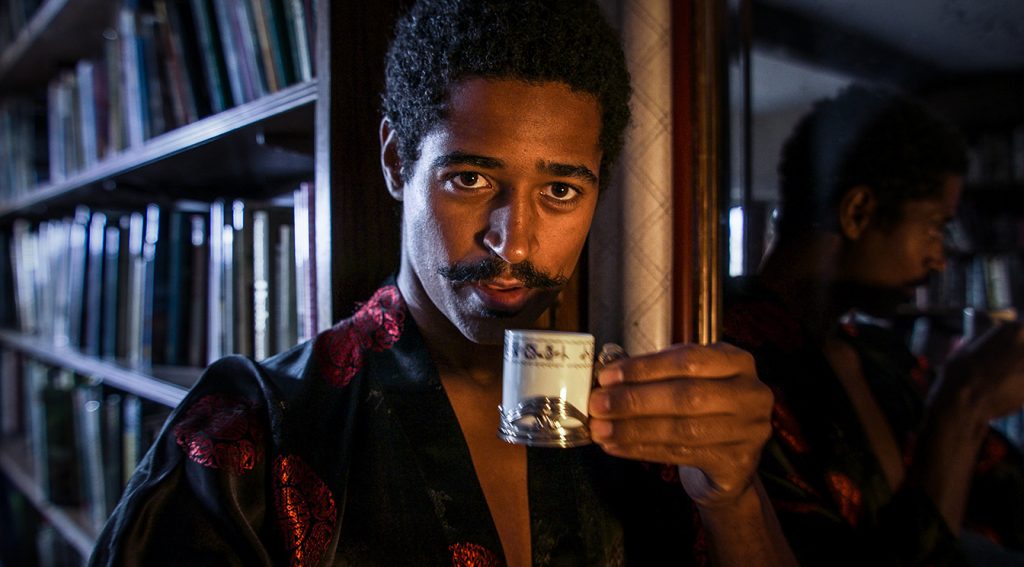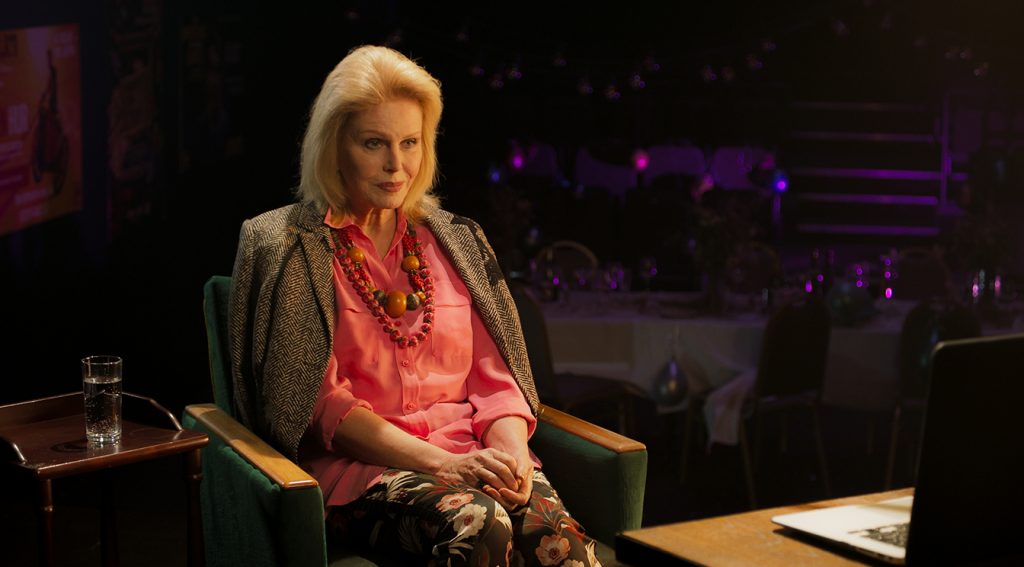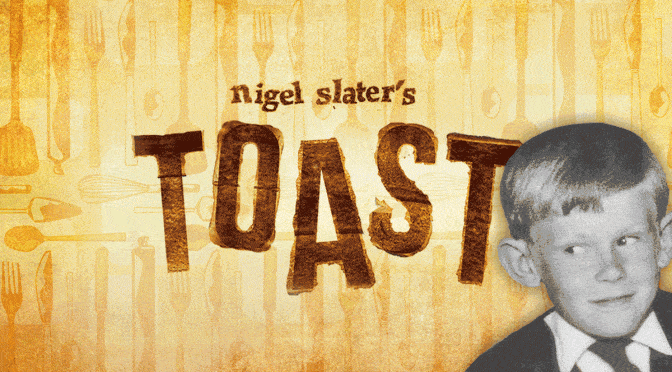This super show from Yasmeen Khan is only loosely based on the Oscar Wilde classic. It is a strong play that stands on its own, while knowledge of the original adds humour. Much of the fun comes from relocating the action ‘up North’ – what a great idea – but there’s plenty of intelligent satire, too.
Staging act one on a film set is a neat way of dealing with Wilde’s engagement with themes of artifice and style. Here, Algy and Jack – now Jamil – are both actors. While Tom Dixon and Gurjeet Singh do a good job in the roles, it’s a small shame Khan decided not to follow Wilde and make both characters equally witty – the point about access to such careers would still stand. Instead, Jamil is endearing rather than amusing.
As with the recent version of Wilde’s The Picture of Dorian Grey from Henry Filloux-Bennett, social media plays a big part in the show. Khan raises good points and gets some jokes from her concerns. Jamil is a vlogger, under the pseudonym of Earnest of course, and his love interest, rechristened Gul, is glued to her phone, which makes the role rather flat (despite Nikki Patel’s efforts). Zoe Iqbal’s Safina, with her self-realisation and “manifesting”, is very funny. But both female characters seem weaker than the ones Wilde wrote, their scene together is disappointing.
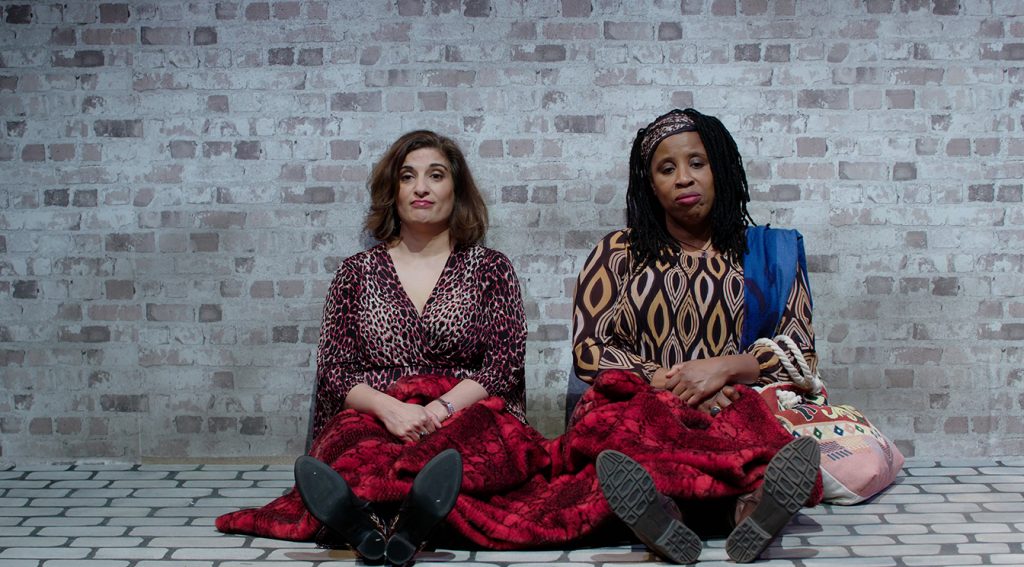
It is with smaller roles that the show takes off. Both Miss Prism, a life coach, and Lady Bracknell, or rather Ms Begum, a hard-nosed businesswoman, make strong roles for Melanie Marshall and Mina Anwar (who also directs). There’s a lovely cameo appearance for Divina de Campo and a good part for Harriet Thorpe as Algy’s agent. Best of all is the appearance of a director, and the performance of this new role from Paul Chahidi. Wanting to workshop with Jamil, excited by his dropped aitches and the “pain” of his heritage, such sharp satire takes us to heart of Khan’s concerns.
Comparisons to the source material are only part of the story. Kahn hasn’t just set the action in a different place. By including characters of South Asian descent – with a wicked sense of humour – she raises plenty of issues and claims her own voice, showing style and substance at the same time. I’m sure Wilde would approve.
Until 4 May 2021

